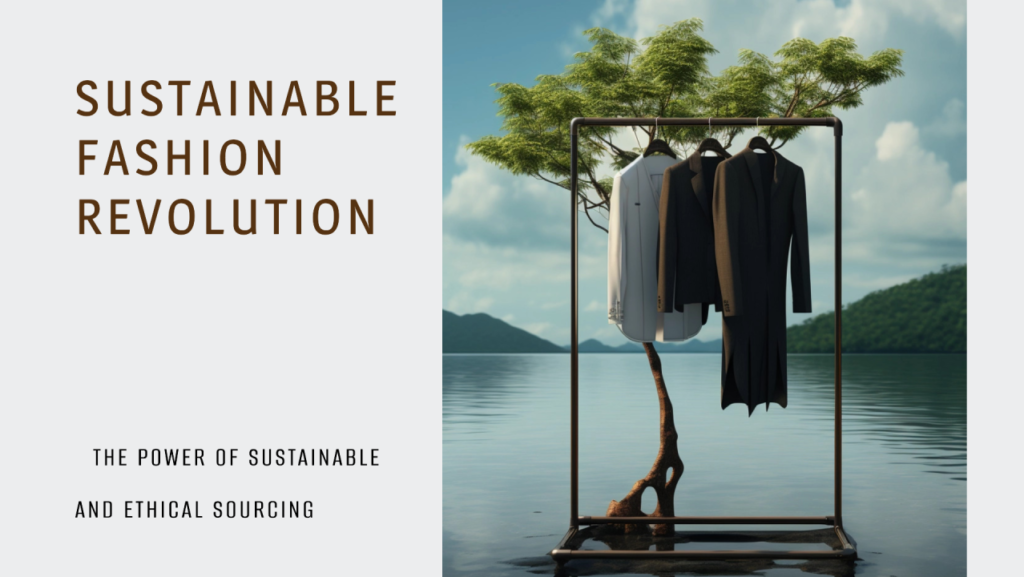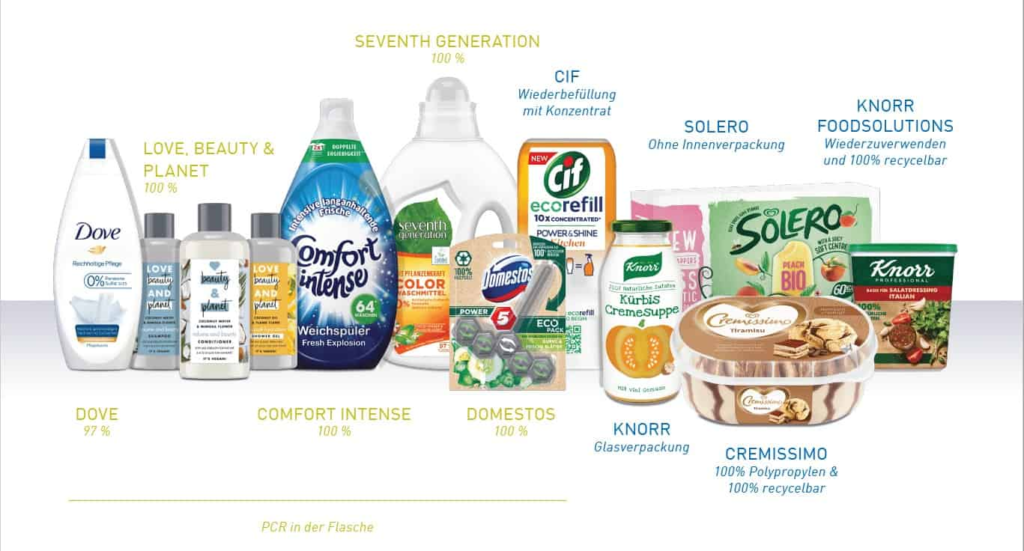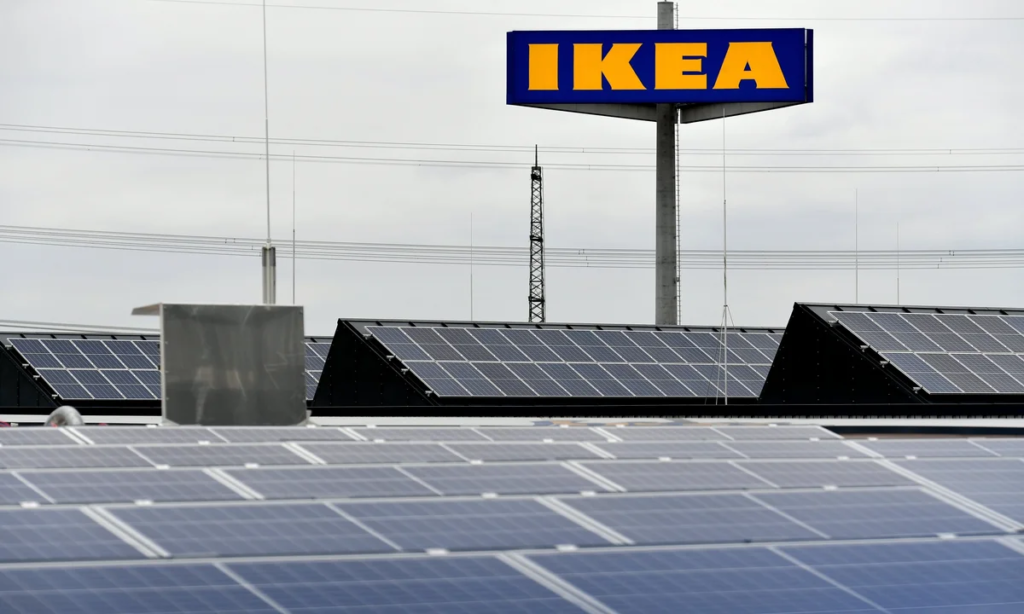
In today’s increasingly eco-conscious world, businesses are under growing pressure to adopt sustainability and green business practices. Consumers, investors, and governments are all demanding that companies play a more active role in addressing climate change, reducing waste, and preserving natural resources. As a result, sustainability is no longer just a buzzword; it’s becoming a core element of business strategy. In this post, we’ll explore how leading companies are implementing green practices and the benefits they reap from making sustainability a priority.
The Rise of Sustainable Business Practices
Sustainability involves balancing business operations with environmental stewardship, social equity, and economic growth. For many companies, this means reducing carbon footprints, investing in renewable energy, and creating circular business models that minimize waste. The push for green practices is not just ethical; it also makes good business sense. Companies that prioritize sustainability often see long-term cost savings, enhanced brand loyalty, and a competitive edge.
Key Areas of Green Business Practices
- Renewable Energy Adoption
Companies are increasingly turning to solar, wind, and other renewable energy sources to power their operations, significantly reducing their dependence on fossil fuels. - Waste Reduction and Circular Economy
By minimizing waste and adopting a circular model (where products are recycled, repurposed, or reused), businesses can reduce their environmental impact while creating cost-effective solutions. - Sustainable Supply Chain Management
Companies are making their supply chains more sustainable by sourcing raw materials responsibly, reducing transportation emissions, and working with eco-friendly suppliers. - Carbon Offsetting and Neutrality
Many businesses are taking steps to offset their carbon emissions through activities like planting trees, investing in renewable energy projects, or purchasing carbon credits.
Examples of Companies Leading the Charge in Sustainability
1. Tesla
Tesla $TSLA is an American company that produces electric vehicles, solar panels, batteries and other clean energy, It's CEO Elon Musk, a visionary entrepreneur and innovator whose mission is to accelerate the world's transition to sustainable energy.
— The Market Oracle (@StockMKTOracle1) January 24, 2024
Here's $10,000 invested.👇 pic.twitter.com/lROpCvWbXx
Industry: Automotive and Energy
Sustainability Focus: Tesla is at the forefront of the green business revolution, with a focus on electric vehicles (EVs) and renewable energy. Tesla’s EVs have helped to reduce the global demand for fossil fuels, while its solar products (like solar panels and solar roofs) and energy storage systems (Powerwall) help businesses and homeowners reduce their carbon footprints.
- Initiatives:
- Tesla’s Gigafactories use renewable energy to power production.
- Tesla aims to produce zero-emission vehicles and eliminate gas-powered transportation.
2. Patagonia

Industry: Outdoor Apparel
Sustainability Focus: Patagonia has long been a leader in eco-conscious fashion, committing to using recycled materials and sustainable fabrics in its products. The company also donates a portion of its profits to environmental causes and advocates for corporate responsibility.
- Initiatives:
- 100% of Patagonia’s cotton is now organic.
- The company uses Fair Trade Certified factories and actively promotes repairs over replacements through its Worn Wear program, extending the lifecycle of products.
3. Unilever

Industry: Consumer Goods
Sustainability Focus: Unilever is one of the largest consumer goods companies in the world, with a strong commitment to sustainable sourcing and reducing its environmental footprint.
- Initiatives:
- Unilever has committed to net-zero emissions by 2039.
- The company’s brands, like Dove, Ben & Jerry’s, and Seventh Generation, focus on sustainability, sourcing ingredients responsibly, and reducing packaging waste.
4. IKEA

Industry: Furniture and Home Goods
Sustainability Focus: IKEA has made significant strides toward reducing its environmental impact through renewable energy investments and sustainable product designs. The company is dedicated to making its supply chain more sustainable and its products more eco-friendly.
- Initiatives:
- IKEA has committed to using only sustainable cotton and wood sourced from responsible suppliers.
- It has also made substantial investments in solar energy and has plans to become climate positive by 2030.
5. Beyond Meat

Industry: Food
Sustainability Focus: Beyond Meat is pioneering the plant-based food industry, offering alternatives to meat that have a lower environmental impact. Traditional meat production contributes significantly to greenhouse gas emissions, deforestation, and water usage, and Beyond Meat seeks to address these issues by creating plant-based products that mimic the taste and texture of meat.
- Initiatives:
- Beyond Meat’s products are made from pea protein, rice, and other plant-based ingredients that require fewer resources than animal farming.
- The company has set ambitious targets to reduce its carbon footprint and improve animal welfare.
Chart: Companies’ Sustainability Goals and Achievements
| Company | Sustainability Focus | Key Goal/Initiative | Progress |
| Tesla | Electric vehicles, solar energy | 100% renewable energy production, zero-emission vehicles | Over 1 million EVs sold globally |
| Patagonia | Eco-friendly apparel, ethical sourcing | 100% organic cotton, Fair Trade practices | 68% of products made from recycled fabrics |
| Unilever | Sustainable sourcing, net-zero emissions | Net-zero emissions by 2039 | 59% of products now made with sustainable ingredients |
| IKEA | Renewable energy, sustainable products | Climate-positive by 2030, 100% sustainable wood | 50% of products made from sustainable materials |
| Beyond Meat | Plant-based food products, lower emissions | 25% reduction in carbon footprint per product by 2025 | Over 30% reduction in water usage compared to beef |
The Business Benefits of Sustainability
- Cost Savings: Implementing energy-efficient systems, reducing waste, and optimizing supply chains can lower operational costs. For example, IKEA has saved millions through energy efficiency programs and renewable energy investments.
- Customer Loyalty: Consumers increasingly prefer brands that align with their environmental values. Companies like Patagonia have built strong, loyal customer bases by being transparent about their sustainability efforts.
- Attracting Investors: As environmental, social, and governance (ESG) criteria become more important, investors are prioritizing companies that demonstrate a strong commitment to sustainability. Unilever’s leadership in sustainable sourcing has earned it positive attention from ESG-focused investors.
- Regulatory Compliance: Governments worldwide are tightening environmental regulations. Companies that prioritize sustainability are better equipped to meet these standards and avoid penalties.
Conclusion: Sustainability is the Future of Business
As the global push toward sustainability grows stronger, companies are increasingly recognizing that green business practices are not just a trend but a necessity for long-term success. From reducing emissions to adopting circular business models, companies like Tesla, Patagonia, IKEA, and Beyond Meat are leading the way.
Sustainability isn’t just a moral imperative—it’s a business strategy that drives cost savings, enhances brand value, and positions companies to thrive in a greener, more eco-conscious economy. As the next generation of consumers and investors demand more from businesses, adopting green practices will no longer be optional—it will be a defining factor in corporate success.
Follow us on INSTAGRAM – https://www.instagram.com/virenbrew/
Follow us on TWITTER (X) – https://x.com/VIRENbrew
Follow us on LINKEDIN – https://linkedin.com/in/viren-brew-230415328/
Follow us on FACEBOOK – https://www.facebook.com/profile.php?id=61565127137999
Follow us on YOUTUBE – https://www.youtube.com/@VIRENbrew

No responses yet